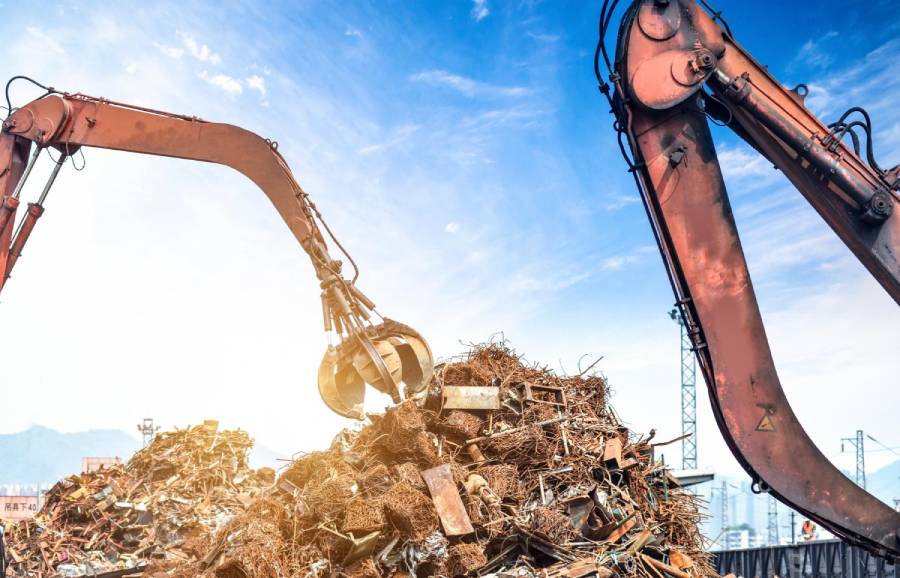Recycling has long been touted as a cornerstone of environmental sustainability. Among the various materials we recycle, metals hold a special place due to their substantial reuse potential. One of the most impactful practices in this regard is scrap metal recycling.
This process not only conserves natural resources but also reduces greenhouse gas emissions, making it a critical activity in our fight against climate change.
By understanding the environmental benefits of recycling metals, we can better appreciate the value of this eco-friendly practice and contribute more actively to our planet’s health.
Conservation of Natural Resources
Metal recycling plays a pivotal role in conserving finite natural resources. Metals like iron, copper, and aluminum are found in the earth’s crust, but they are not infinite.
Recycling these metals means we don’t have to continuously extract raw materials, which is often a destructive process.
For example, recycling aluminum holds about 95% of the energy needed to produce the same amount from raw bauxite. By using recycled metals, industries can diminish the strain on natural resources, thus preserving them for future generations and maintaining the ecological balance.
Reduction in Energy Consumption
The energy savings from metal recycling are significant. Processing raw ore into metal is energy-intensive, involving high temperatures and complex chemical reactions. In contrast, melting down recycled metal uses a fraction of the energy.
For example, recycling steel uses 60% less energy than producing steel from iron ore. These energy savings are crucial as they lead directly to a reduction in carbon emissions, helping to mitigate the impact of global warming.
Decrease in Environmental Pollution
Metal recycling also leads to a decrease in environmental pollution. Mining activities are known for polluting water sources, destroying habitats, and producing vast amounts of waste rock and tailings.
When metals are recycled, the demand for raw mining decreases, thereby reducing the pollution associated with mining processes. Furthermore, metal recycling facilities typically have stringent pollution control measures compared to some mining operations.
Supporting Sustainable Economic Growth
Incorporating metal recycling into economic activities promotes sustainable economic growth. The recycling industry not only helps conserve resources and energy but also creates jobs.
Recycling plants and the collection process involve a significant amount of manpower, from collection to processing and remanufacturing of recycled metals.
Moreover, the industry contributes to the economy by supplying cheaper and sustainable materials to other sectors, such as construction.
Encouraging Technological Innovation
The need for efficient recycling processes has spurred numerous technological innovations. These innovations not only make recycling processes more efficient but also improve the quality of the recycled products, making them comparable to those made from virgin materials.
This technological push enhances the overall sustainability of industries that utilize recycled metals, thereby extending the lifecycle of the materials and reducing overall waste.
Conclusion:
By embracing metal recycling, we play a part in a larger, global effort to protect our natural environment and ensure a sustainable future. The practice of metal recycling is more than just a waste management strategy; it is a potent tool for environmental conservation.
As individuals and communities, our continued commitment to recycling can drive significant change, making the planet healthier for all its inhabitants.
Read Also:

